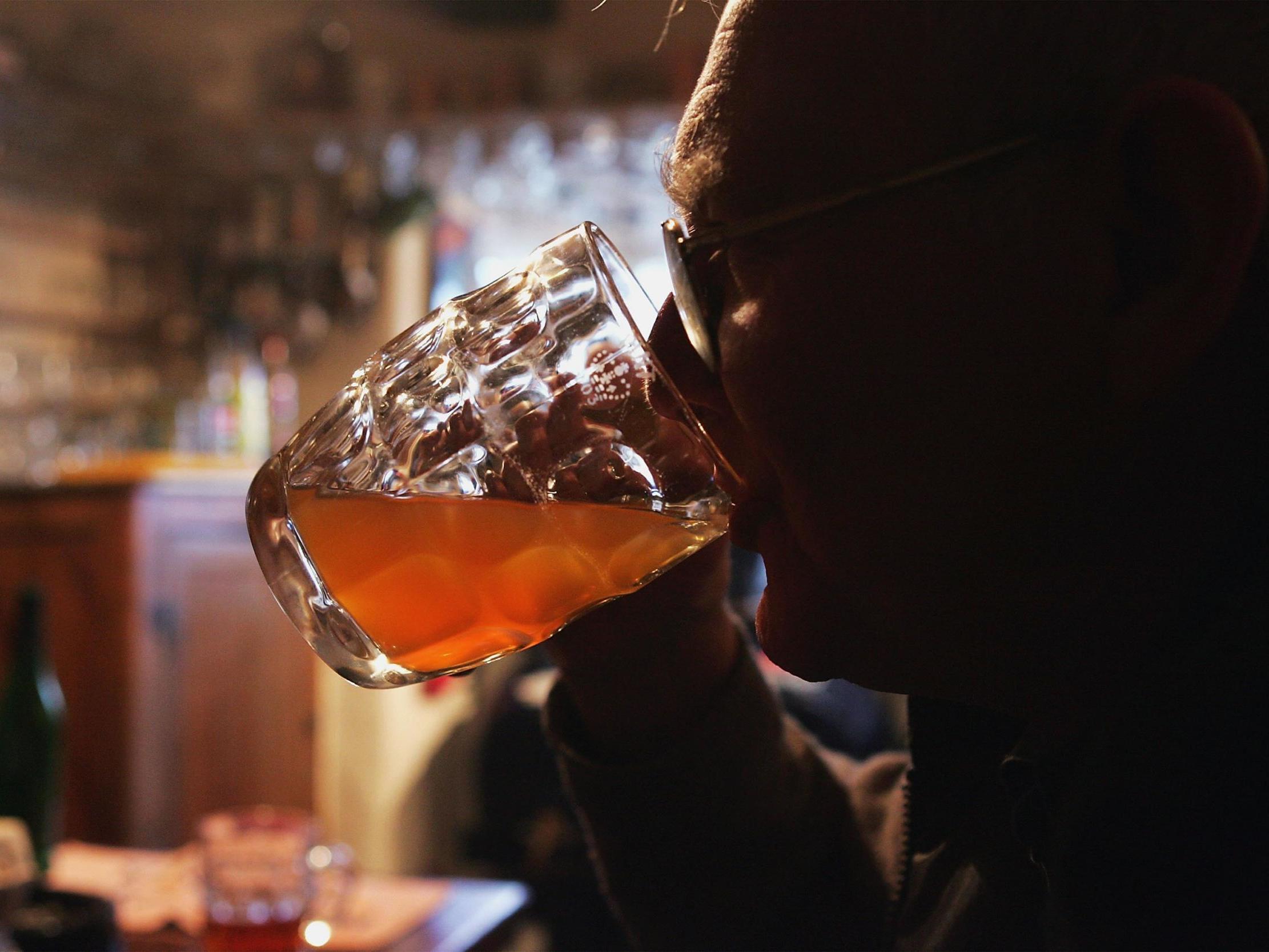Number of adults seeking support for alcoholic parent triples in five years, charity reveals
Leading alcohol charity received more than 23,000 calls or messages from over-18s seeking support to deal with alcoholic parent last year – compared with 6,400 in 2013

Your support helps us to tell the story
From reproductive rights to climate change to Big Tech, The Independent is on the ground when the story is developing. Whether it's investigating the financials of Elon Musk's pro-Trump PAC or producing our latest documentary, 'The A Word', which shines a light on the American women fighting for reproductive rights, we know how important it is to parse out the facts from the messaging.
At such a critical moment in US history, we need reporters on the ground. Your donation allows us to keep sending journalists to speak to both sides of the story.
The Independent is trusted by Americans across the entire political spectrum. And unlike many other quality news outlets, we choose not to lock Americans out of our reporting and analysis with paywalls. We believe quality journalism should be available to everyone, paid for by those who can afford it.
Your support makes all the difference.The number of adults seeking a charity’s support to deal with an alcoholic parent has tripled in five years.
The National Association for Children of Alcoholics (NACOA) received more than 23,000 calls or messages from over-18s needing assistance last year, compared with 6,400 in 2013, the charity told the BBC.
According to the NACOA, one in five children in the UK are affected by their parents’ drinking – and the new figures suggest that adults are affected by it too.
Stephanie Page, a helpline supervisor at the the charity, told the BBC that people whose parents began drinking later tend to face a different set of challenges.
“The parent may have retired and is lonely; they may have had issues adjusting to retirement. The adult child of the alcoholic often finds that really difficult because they haven’t seen this side of them before and they may not know what to do,” she said.
“It can be really surreal seeing this side to your parent.”
Previous research by the Children’s Society revealed that alcohol abuse among adults was damaging the lives of an estimated 700,000 teenagers across the UK, with nearly 100 teenagers made homeless each day as a result of alcohol abuse by their parents.
Charities have warned that as demand for children’s services rises, cuts to local authority budgets are leaving a growing number of children struggling to deal with problems that stem from living in homes where alcohol or drugs are being misused.
A record number of people died because of alcohol in England in 2017, with the NHS warning that someone was admitted to hospital every 30 seconds due to drink as a factor.
There were 5,843 deaths in 2017 where alcohol was the primary cause, with liver disease accounting for about 80 per cent of these, NHS figures showed. This is a rise of more than 6 per cent on the year before, and an increase of 16 per cent in a decade.
While the numbers drinking to unsafe levels have fallen – with just 21 per cent drinking more than the recommended 14 units a week – the latest data showed that over-40s were drinking more and account for 80 per cent of deaths.
A Department of Health and Social Care spokesperson said it can be “incredibly damaging for a young person to grow up with an alcoholic parent and can lead to lifelong harm”.
“We are investing £6m to support children of dependent parents, and services including alcohol treatment and mental health services are available for people who are suffering the impact of parental drinking as adults.”
Subscribe to Independent Premium to bookmark this article
Want to bookmark your favourite articles and stories to read or reference later? Start your Independent Premium subscription today.
Join our commenting forum
Join thought-provoking conversations, follow other Independent readers and see their replies
Comments